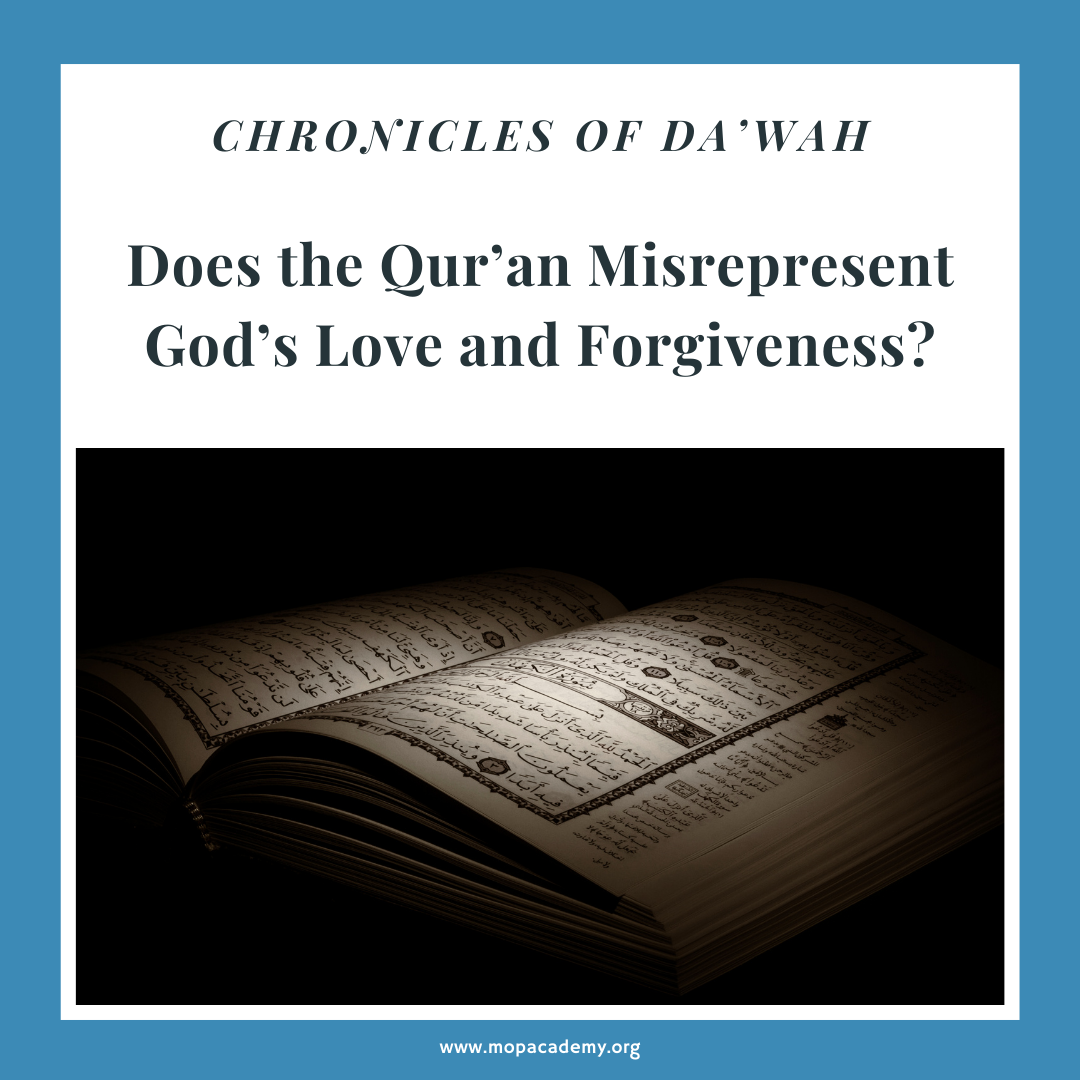
Blog entry by Sam Sam

Some critics claim that the Islamic understanding of God is morally deficient because it does not portray God as perfectly loving in the same way as Christianity. The argument suggests that, since Islam teaches that God does not love sinners in an unconditional way, the concept of divine love is incomplete. But does this claim hold up?
To answer this, we must examine how God relates to humanity after Adam’s fall. Christianity teaches that Adam’s sin created an unbridgeable gap between humans and God, requiring Jesus’ sacrifice for reconciliation. The belief is that without this sacrifice, humanity remains estranged from God.
In contrast, the Qur’an presents a different perspective. When Adam sinned, God did not demand a blood sacrifice. Instead, He taught Adam how to repent and then forgave him.
The Qur’an states:
"Then Adam received from his Lord some words, and He accepted his repentance. Indeed, it is He who is the Accepting of repentance, the Merciful." (Qur’an 2:37)
Unlike the Christian model, where forgiveness is conditional upon a sacrifice, Islam teaches that God’s mercy is direct and accessible. This raises an important question: If God is truly all-powerful and loving, why would He need a sacrifice to forgive? Wouldn’t the most perfect form of love be one that forgives freely?
Furthermore, the Qur’an emphasizes God’s continuous guidance and nearness to humanity. Instead of portraying Adam’s sin as an irreparable catastrophe, the Qur’an reassures:
"O My servants who have transgressed against themselves, do not despair of the mercy of Allah. Indeed, Allah forgives all sins." (Qur’an 39:53)
In Christianity, God’s justice is seen as requiring that sin must be punished, which is why Jesus’ sacrifice is necessary. But this presents a contradiction: If God is truly sovereign, why would He be bound by a system where He cannot forgive without payment? Wouldn’t that limit His omnipotence?
The Qur’an’s view of God avoids this dilemma. It presents a God who forgives not because of external necessity, but because mercy is central to His nature. Jesus, according to the Qur’an, is not a savior who bears the punishment for humanity’s sins but a servant who calls people back to monotheism. The Qur’an quotes Jesus as saying:
"If You punish them, they are Your servants; but if You forgive them, You alone are the Almighty, the Wise." (Qur’an 5:118)
Some argue that true justice requires punishment. But consider: Is a father more loving if he demands that one son be punished for another’s mistake? Or is he more loving if he forgives when there is genuine remorse? True justice is not about revenge - it is about restoring balance.
In conclusion, Islam’s concept of God is not deficient - it is the epitome of divine perfection. God does not require suffering to forgive; He forgives because it is in His very nature. Unlike Christianity, where salvation depends on an intermediary, Islam teaches that anyone can seek God’s mercy directly.
The real question is: Which concept of God reflects maximal love, justice, and mercy? The Qur’an presents a God who is infinitely compassionate and always near, inviting all to return to Him in hope, not fear.
The search for truth requires sincerity and fairness. Let’s engage with these ideas honestly and seek a deeper understanding.